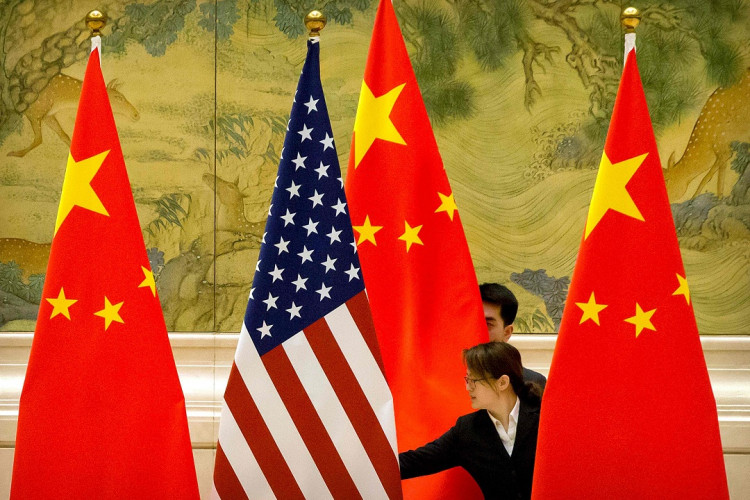In a move that underscores the increasingly competitive stance between the United States and China, recent legislation has been introduced to prohibit China from purchasing oil from the U.S. Strategic Petroleum Reserve (SPR). This provision is part of a broader U.S. funding bill that reflects bipartisan consensus on adopting a firmer approach towards Beijing, especially in the realms of trade and strategic resources.
The Strategic Petroleum Reserve, a critical element of America's energy security framework, was established to safeguard against sudden oil supply disruptions. With current holdings exceeding 360 million barrels, albeit near 40-year lows due to significant drawdowns in 2022, the SPR remains a cornerstone of the U.S. energy strategy. However, the recent legislation comes in the wake of revelations that oil from the SPR was sold to entities affiliated with the Chinese government, including a 2022 transaction where 1 million barrels were sold to UNIPEC America, a subsidiary of China's state-owned Sinopec, and a 2017 sale to PetroChina International under the Trump administration.
The legislative measure to block SPR sales to China has ignited debate among lawmakers and stakeholders, with some viewing it as a crucial step in safeguarding U.S. strategic interests, while others, like Senator Chris Murphy, criticize it as a symbolic gesture with limited practical impact. Despite these divergences, the move is indicative of the broader recalibration of U.S.-China relations, particularly in the context of global energy markets and national security.
The backdrop to this legislative action is characterized by heightened tensions and strategic competition between Washington and Beijing, spanning various domains from trade to technology and now, energy. The U.S.'s decision to restrict SPR sales to China not only reflects concerns over national security but also the broader geopolitical dynamics that continue to define the U.S.-China relationship.
As the U.S. Congress works to finalize the funding bill, the provision concerning the SPR and China is just one of many elements that underscore the complex interplay between domestic policy, international relations, and global energy markets. With the U.S. House and Senate gearing up to vote on the bill, the implications of this legislation extend beyond the confines of Capitol Hill, potentially influencing the future trajectory of U.S.-China relations and the strategic landscape of global energy trade.
In navigating these turbulent waters, U.S. policymakers are tasked with balancing the imperatives of national security, economic stability, and the strategic management of energy resources. As the world grapples with the challenges of energy security and the transition towards sustainable sources, the decisions made today will have far-reaching consequences for the future of U.S.-China relations and the global energy market.





